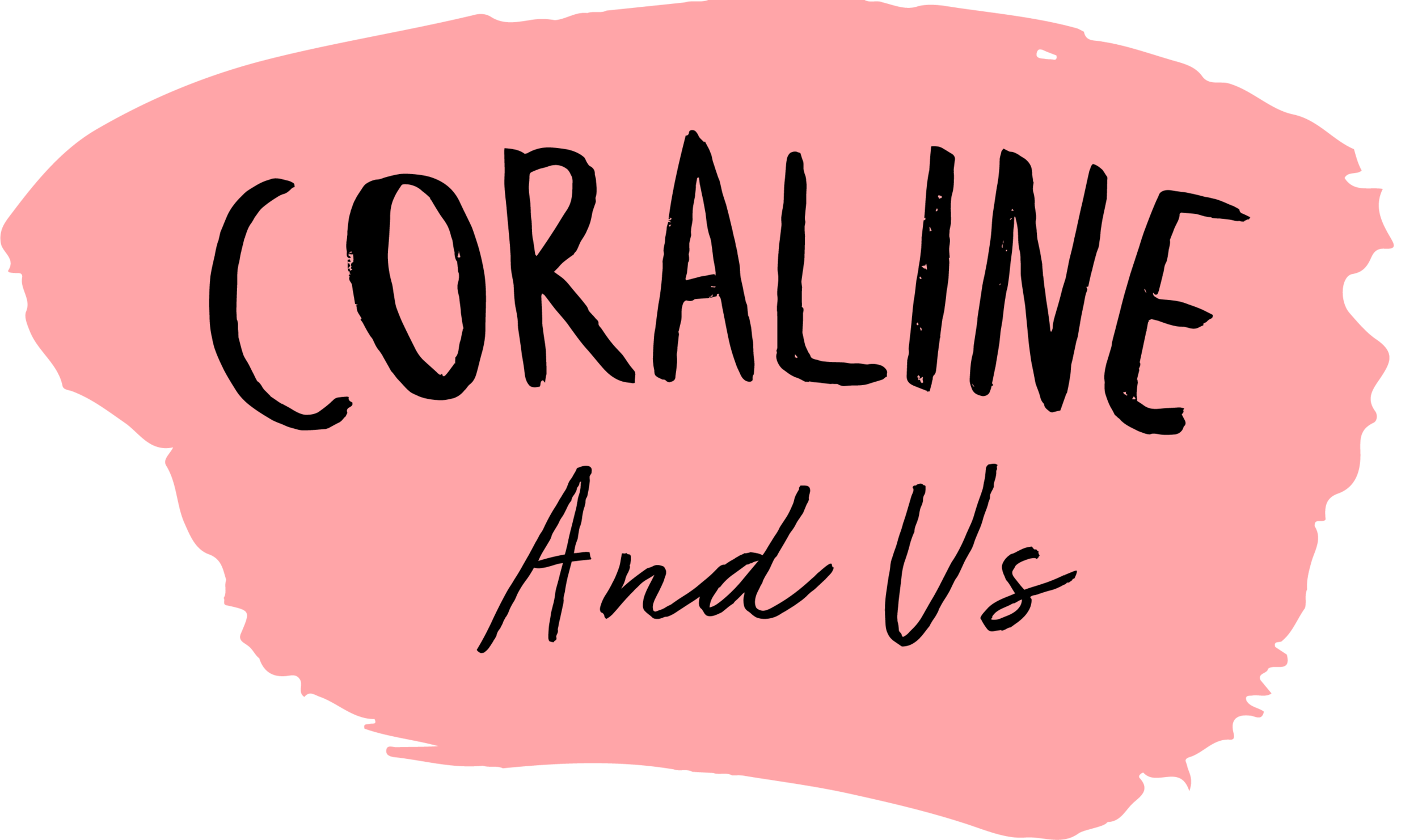Breastfeeding journey with our baby with Down's syndrome
Hand expressed Colostrum
In the first few days Coraline was in the ICU. One of the lovely, dedicated nurses there took these photos of Coraline and printed them for me to have in my room so that I could look at her and get the oxytocin going, and then hand express colostrum for her (milk of the first three days before breast milk comes in).
I was still in bed during those days and found it incredibly challenging to turn over without pain, or get out of bed before taking a few steps to the bathroom. Colostrum is high in antibodies and immunoglobulins and is like liquid gold they say for babies! As Coraline was not with me, if I wanted her to have this I would need to hand express and then as it was expressed (it comes in tiny amounts) it could be taken to her with a syringe.
Lots of kind ICU nurses came in to my room to encourage me to do this. They spent lots of time doing this which is a real testament to the health care we received. I remember feeling quite addled and like I didn't really have the wherewithal to apply myself to do this. I couldn't make the colostrum come through massage like the nurses were showing me. And I wasn't sharp enough to realise how vital it was that she receive this, in addition to the diffusion and glucose drip she was on. However there was a man who did realise, and took it upon himself to hand express it for me and then ferry the syringe to the ICU.
Getting my milk supply going
Whenever a nurse came in in future as we began to try me at breastfeeding and said routinely, "so if you just express a little", I would reply, "ah Kevin does this"! I credit Kevin for getting my milk supply going and for getting Coraline this "best we can offer" start against infection.
Breastfeeding support
And so to breastfeeding...! It's amazing at Kingston Hospital as in my room I had a call button so we could buzz midwives, the infant feeding team and feeding support teams 24 hours a day, at any time of day or night.
Coraline came to our room on day 3 and we were in hospital for a total of 6 days. So as the colostrum turned to breast milk on day 3 or 4, we began to buzz for assistance in getting Coraline to latch on and breastfeed. Whilst we waited for this I expressed milk with a hospital grade breast pump. It's a bit of a long story but we were told by the paediatric team that we had to get high volumes of milk into her to maintain her weight. This meant we had to use formula and expressed breast milk for about 2 days. Then we were allowed to lower this amount a bit. Apart from those 2 days or so, we have gone to a solely expressed breast milk diet for Coraline as we know this benefits the baby's immune system. It's important for babies with Down's Syndrome as they can be prone to respiratory and viral infections.
Latching on
We had many midwives try to help her to latch but we have not yet been able to do it. How lucky we were to have all that expertise and breastfeeding support as we learnt so many tips. It can be that babies with Down's Syndrome find it harder to latch due to a longer tongue, lower muscle tone or their sucking reflex. We are continuing to try to encourage her.
Double breast pump
In the meantime we have a double breast pump which we invested in (after using them at the hospital) and I express for her.
I do it for 20 minutes, 8 times a day to keep the flow coming so I do it 2 hourly in the day and then have a 5 hour break sometimes at night (the longest you can leave it) as Kev will get up to bottle feed alternately with me. At each daytime feed we try her on the breast for 5 minutes before the bottle of expressed milk.
Hands-free breast milk expression
Kevin has made me a bra to hold the device hands free! Kevin suggested I look at this time positively e.g. as a chance to read etc. as otherwise you could get caught up in, “OMG I am doing this how many times!” It's kind of bigger than me, as it's about her development. Her marvellous consultant paediatrician said it doesn't matter that the breast milk is coming from a bottle not the breast, as it's all about how you talk to them and do skin to skin when they feed


